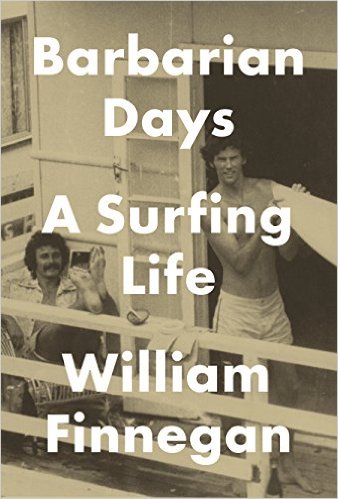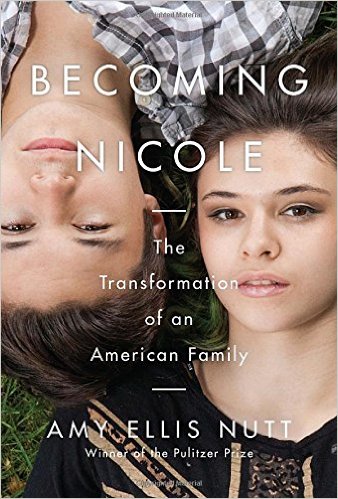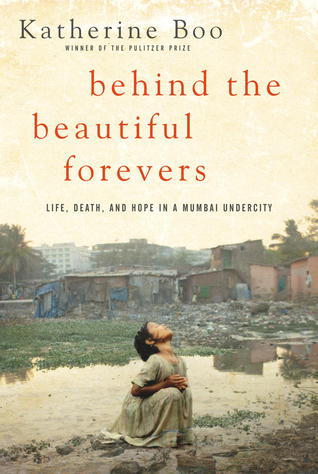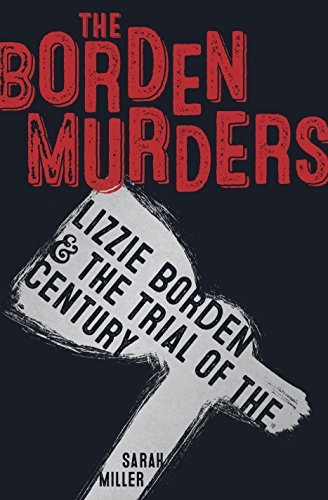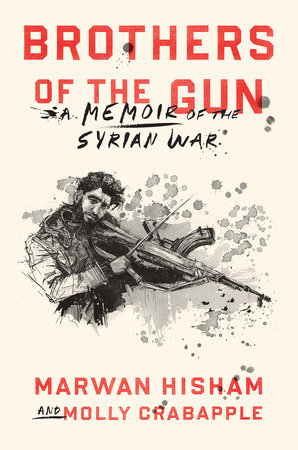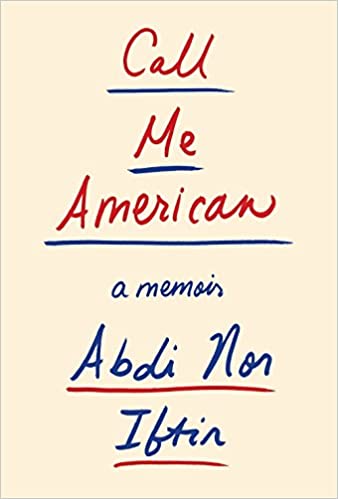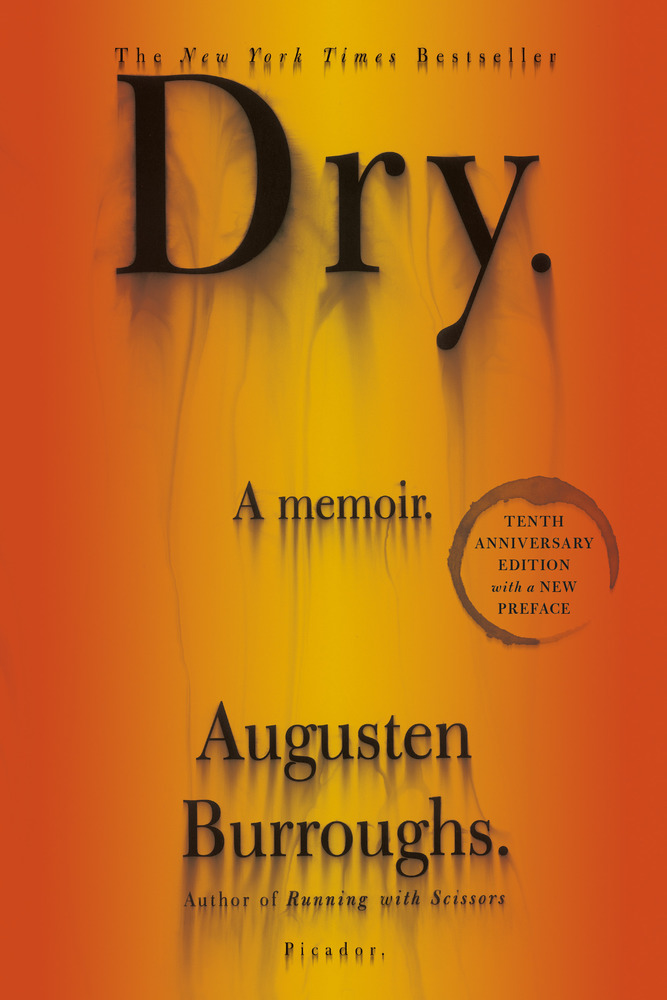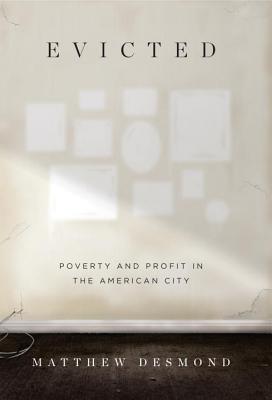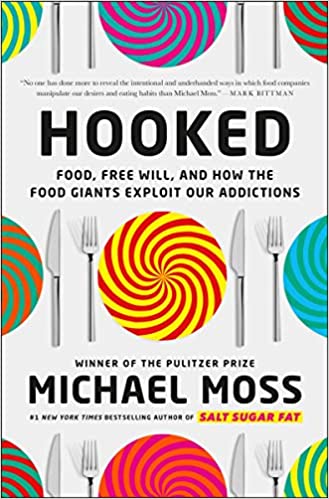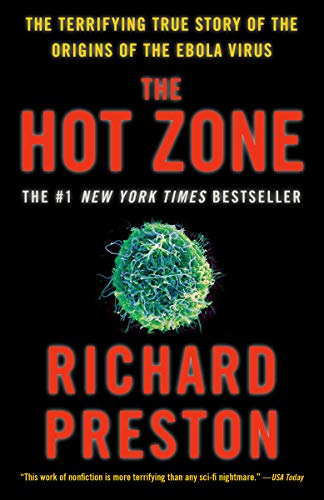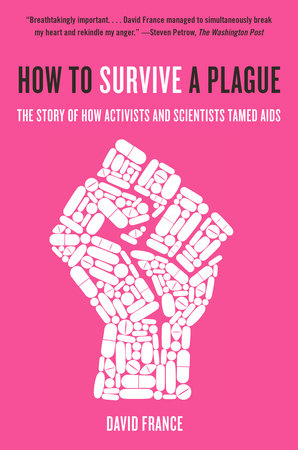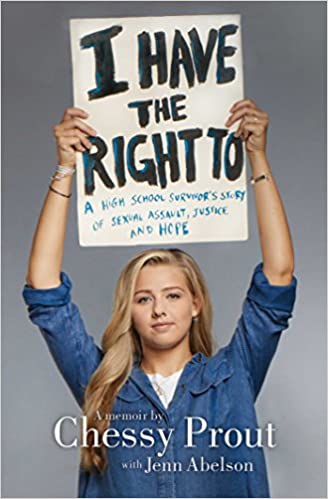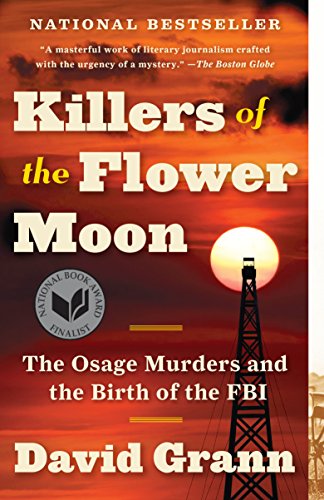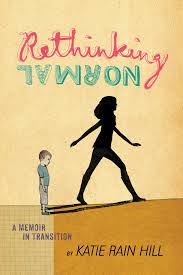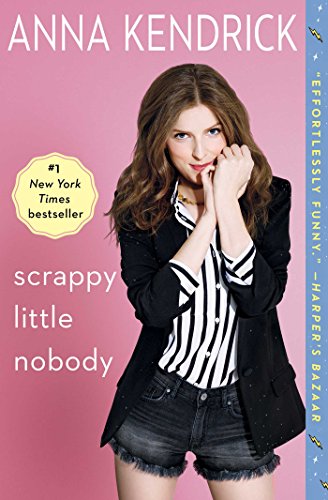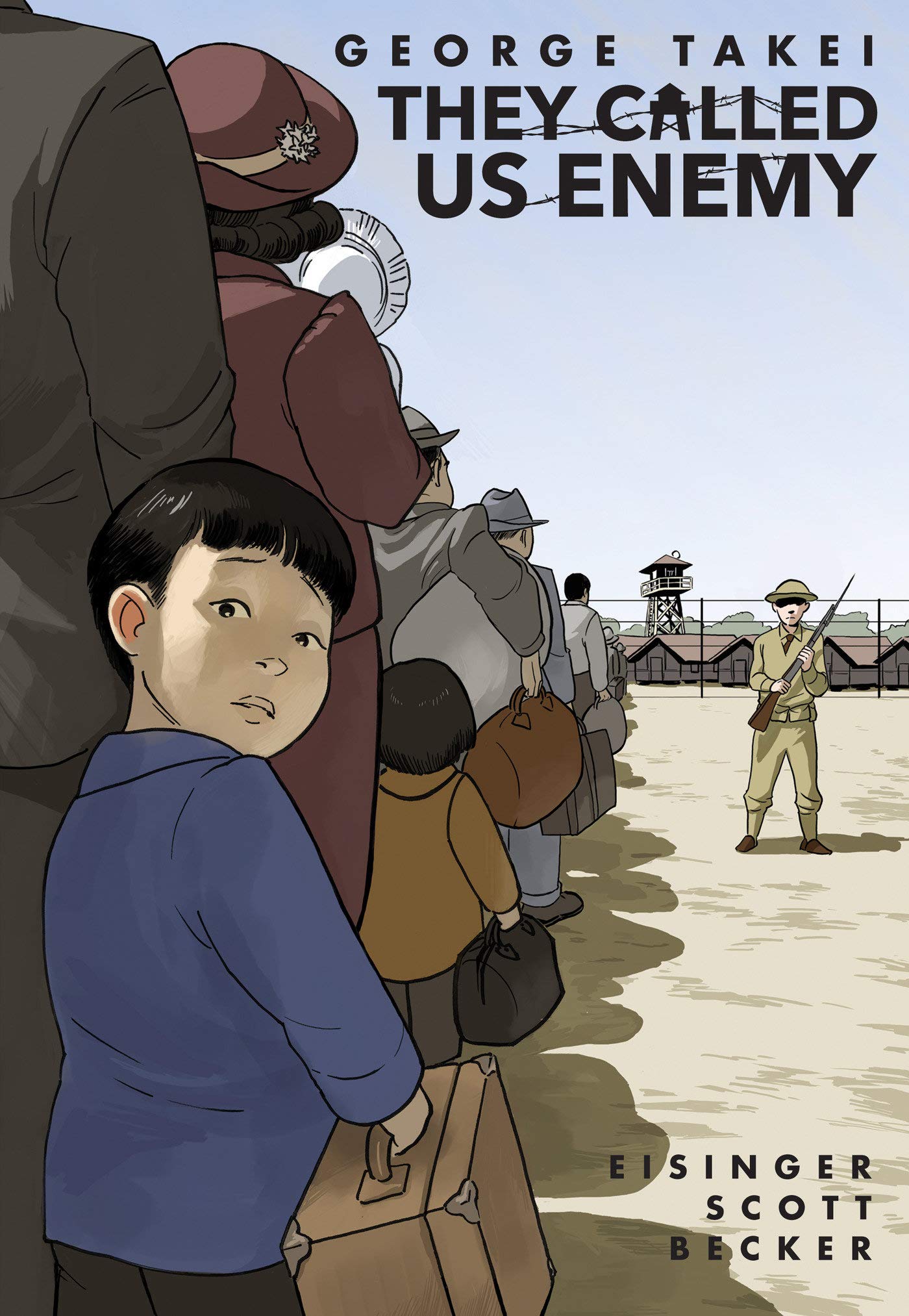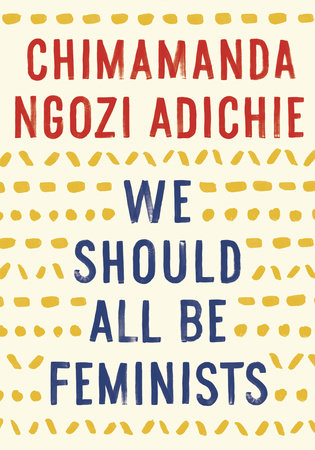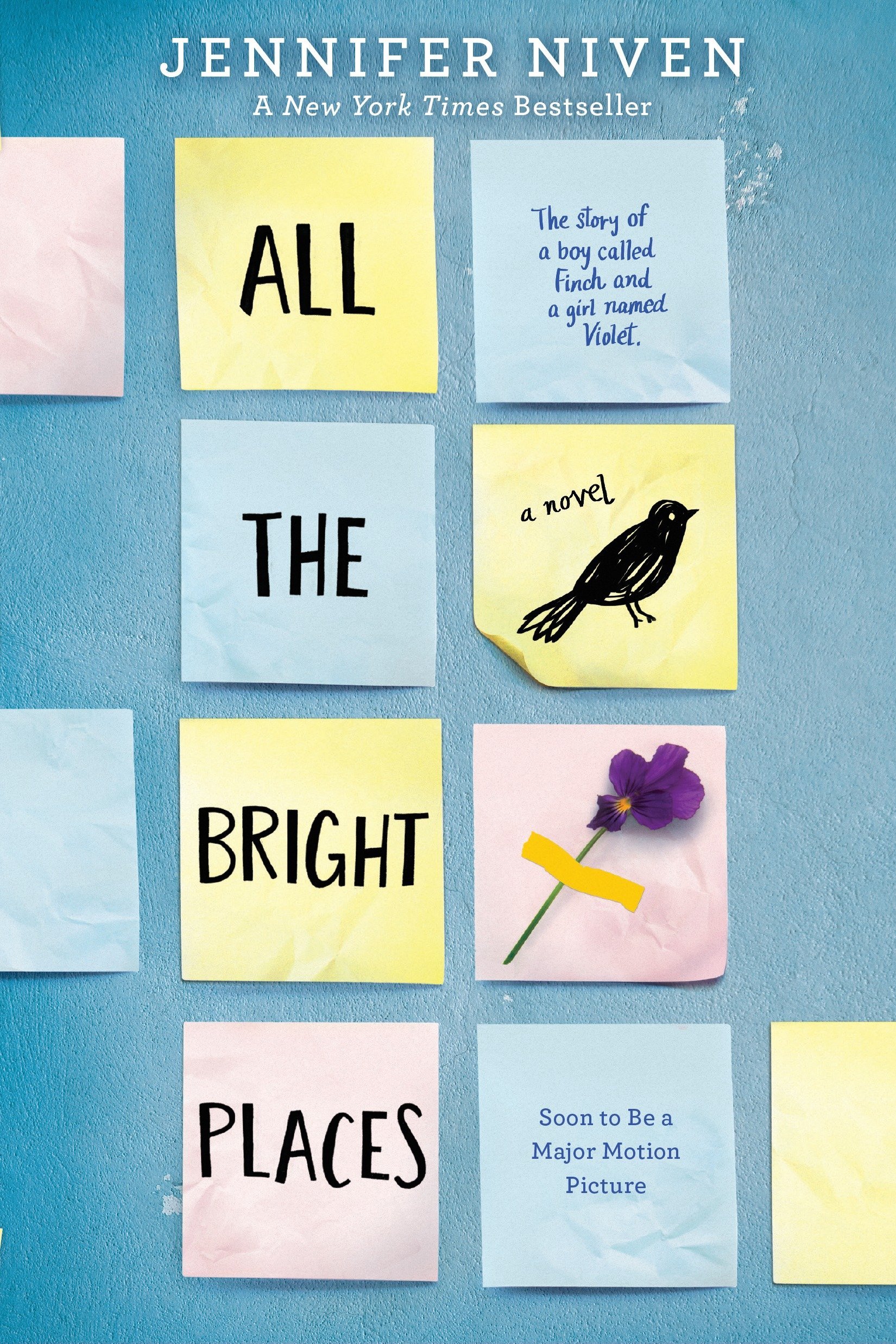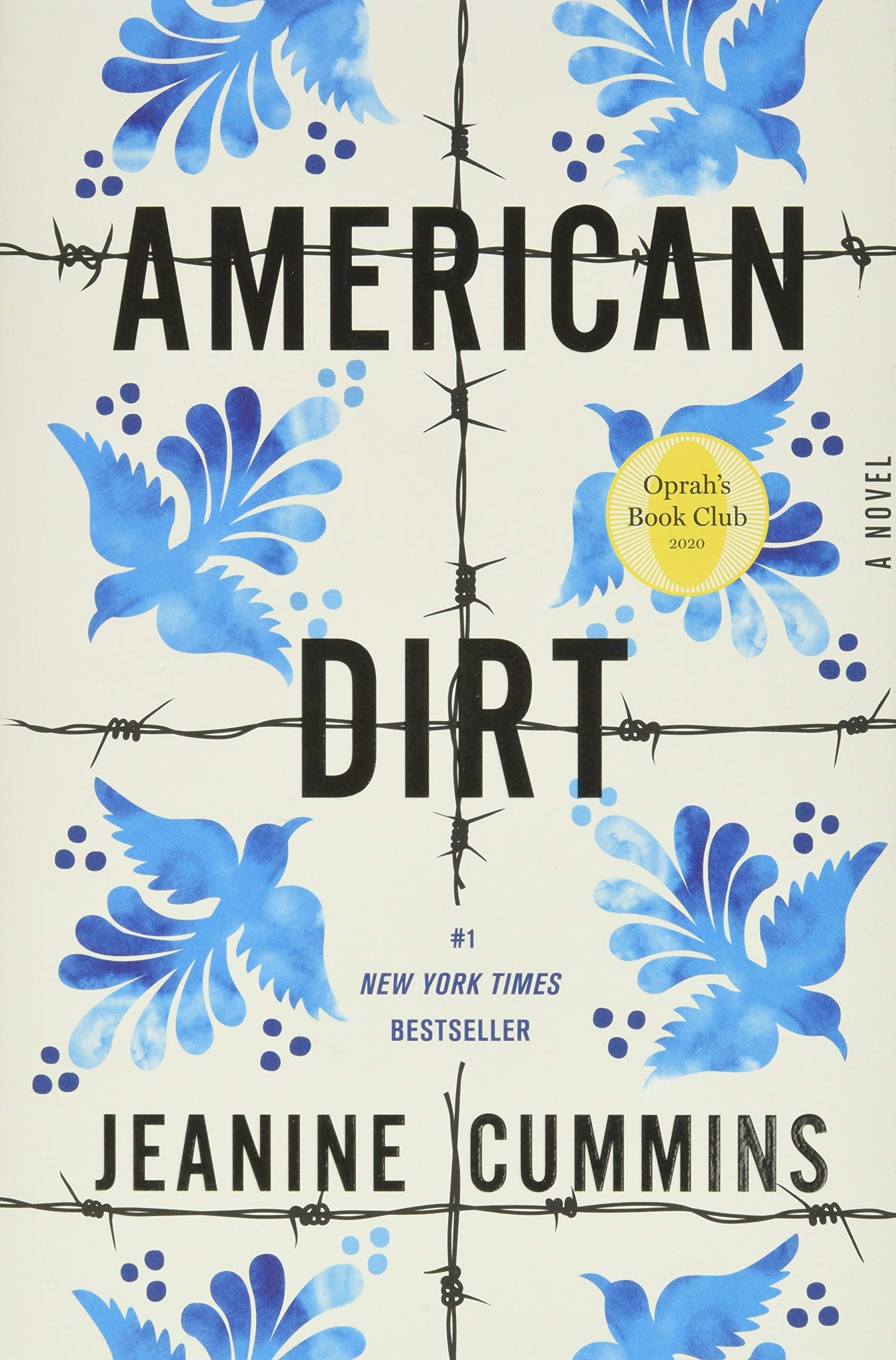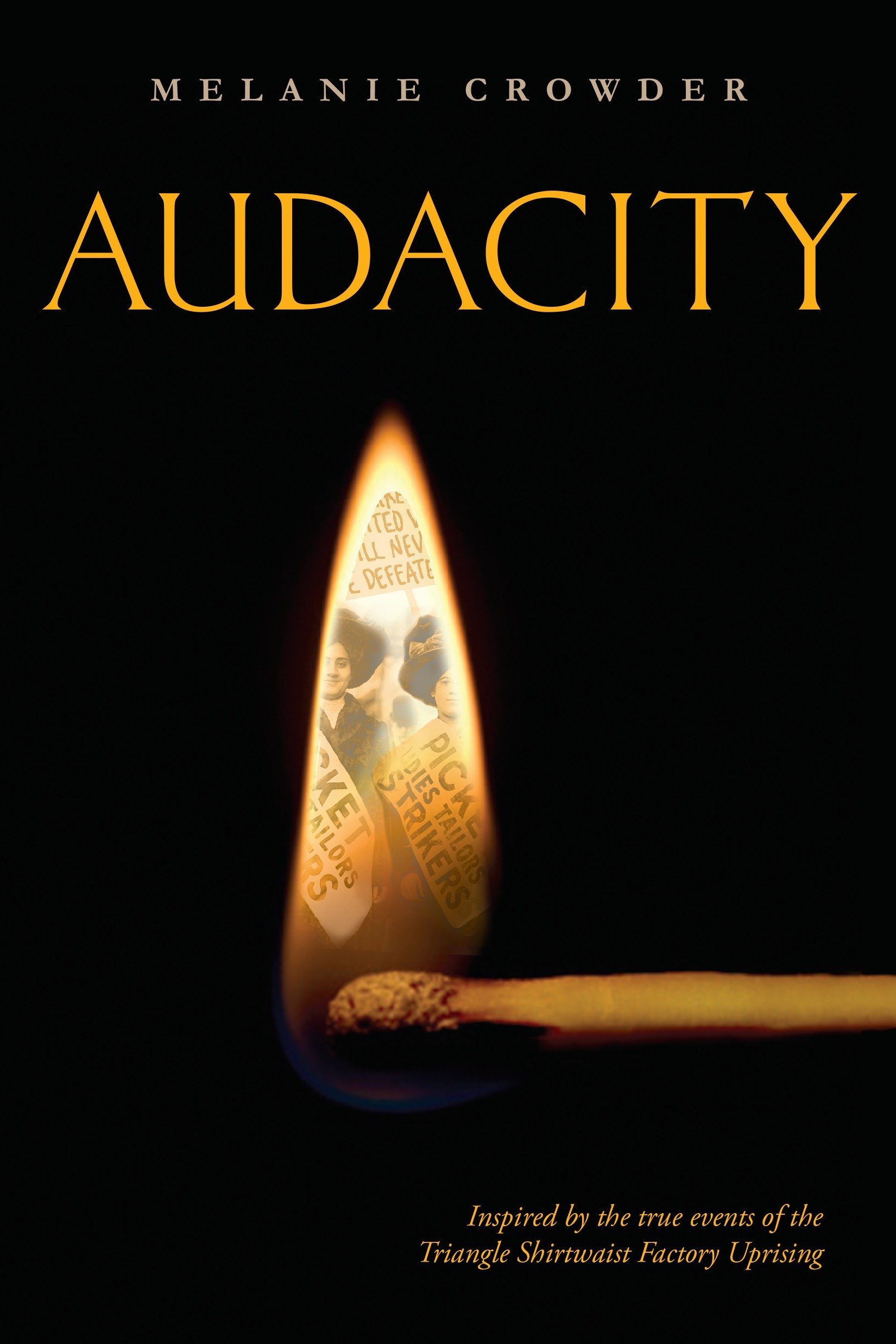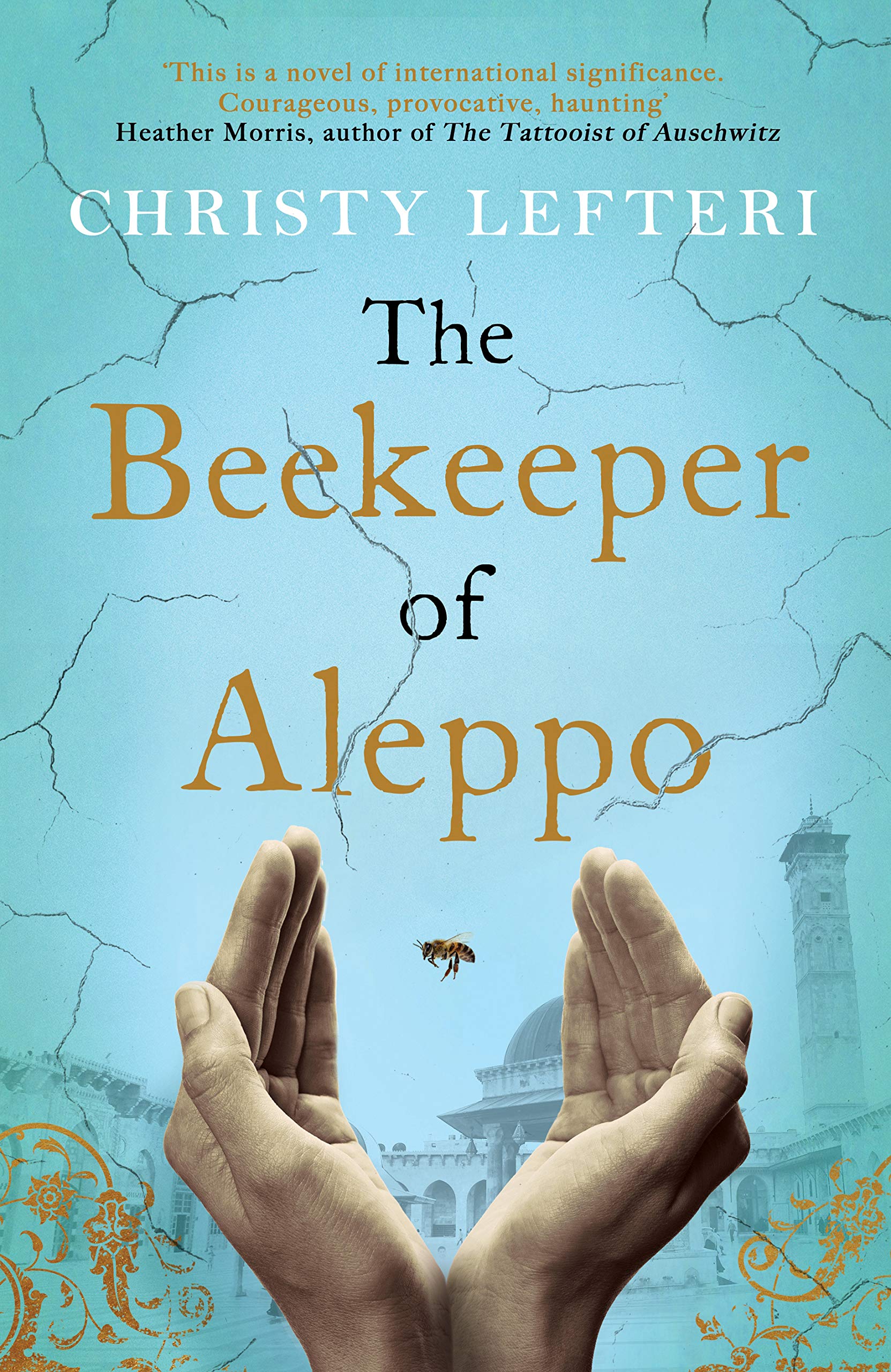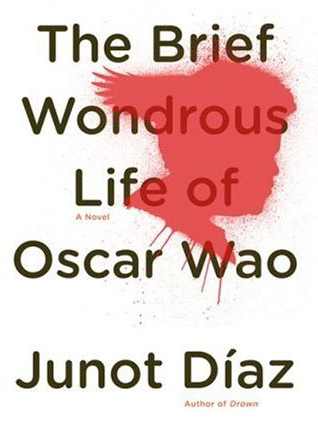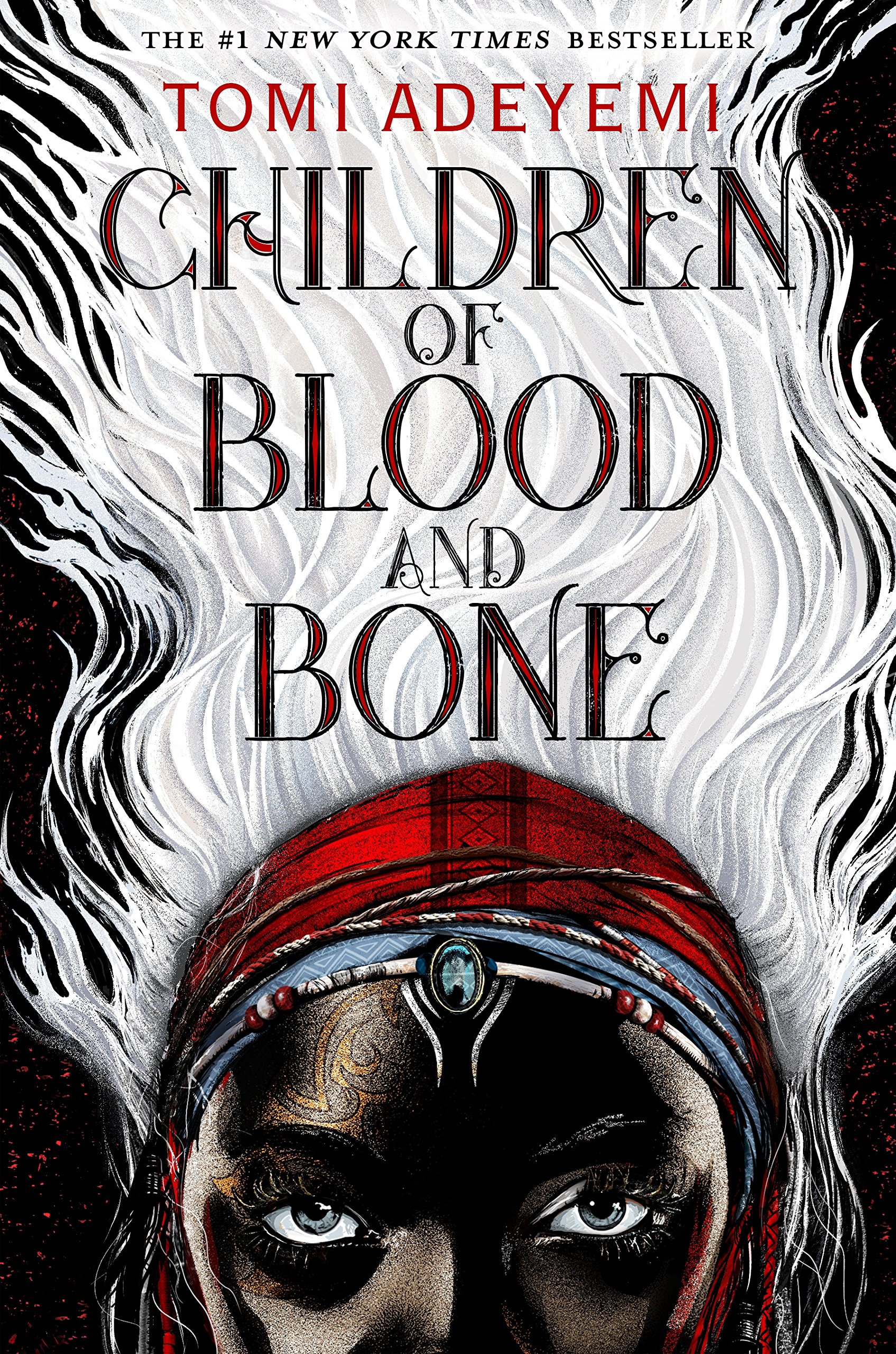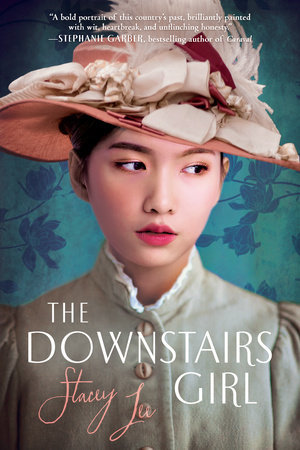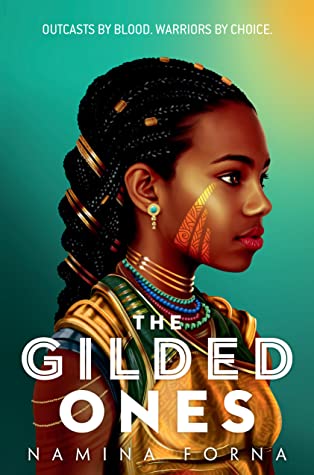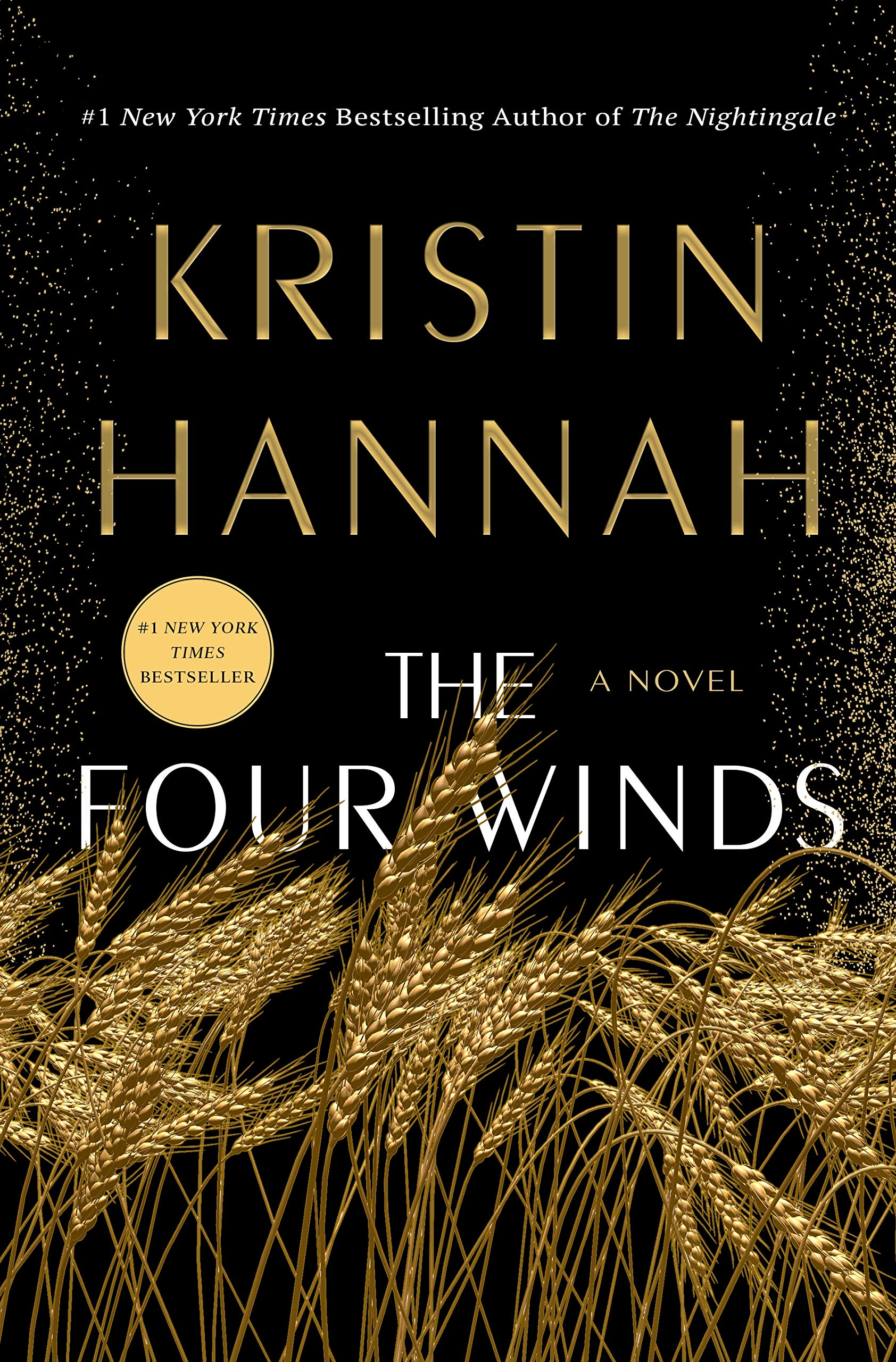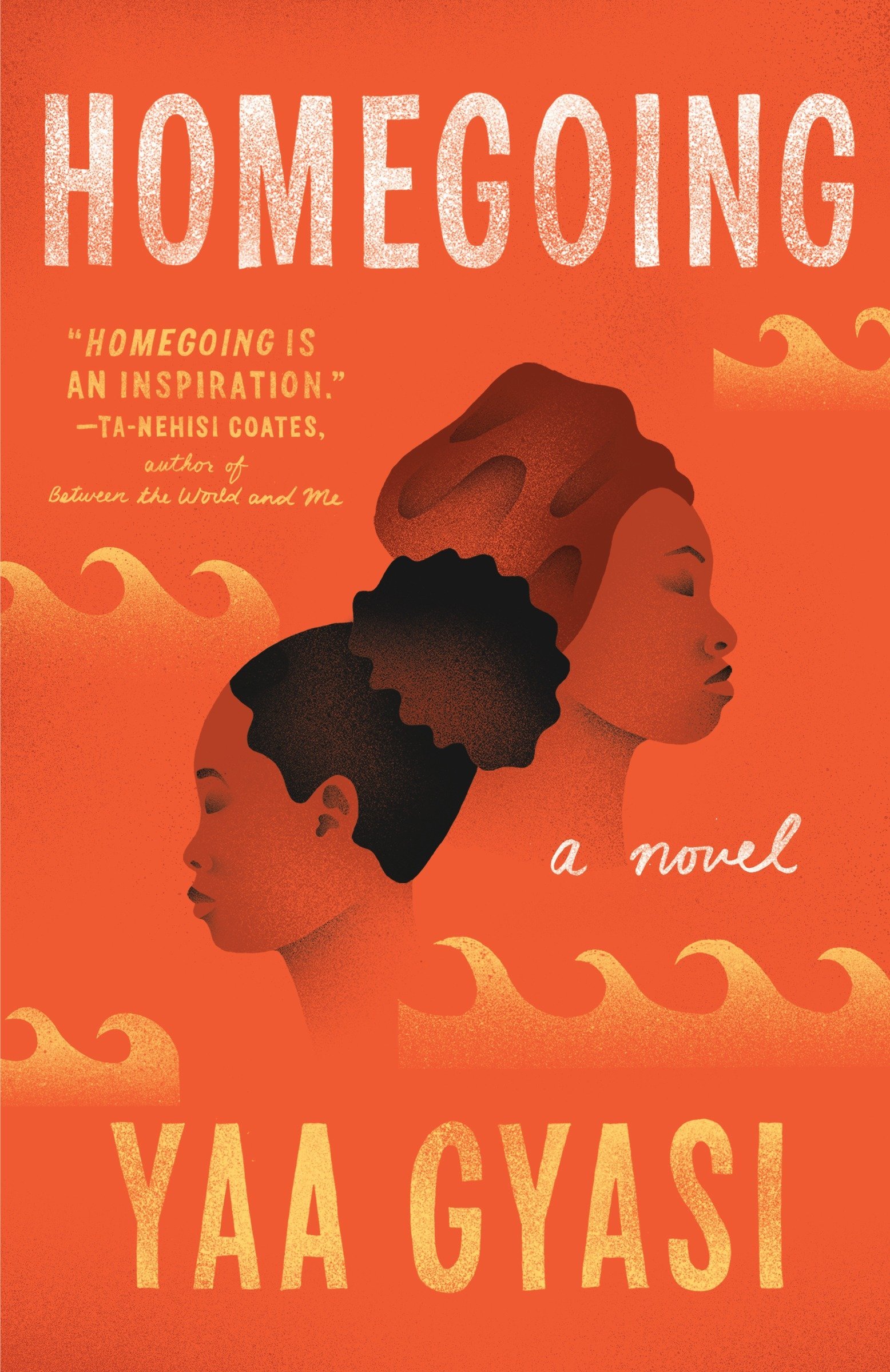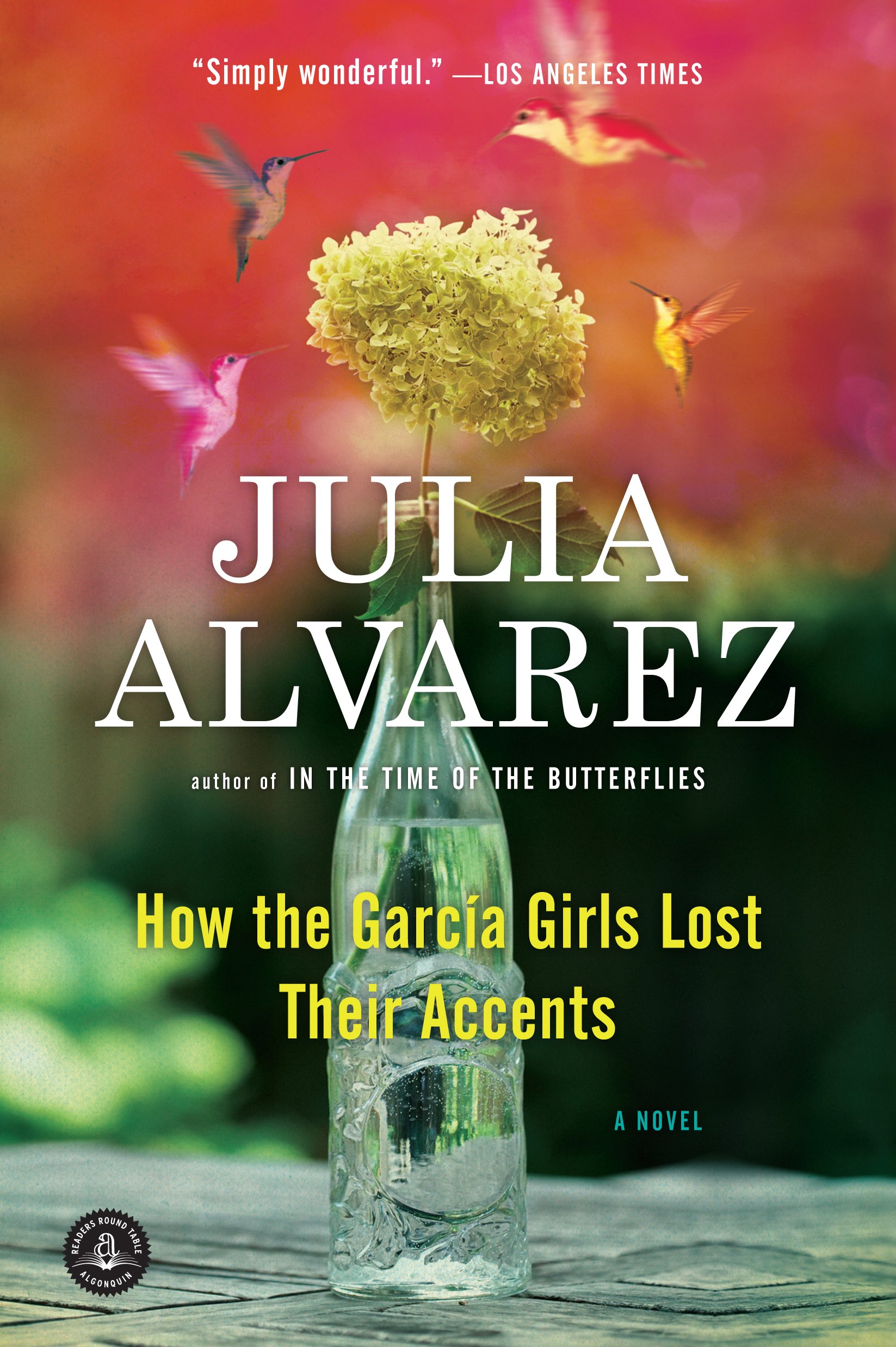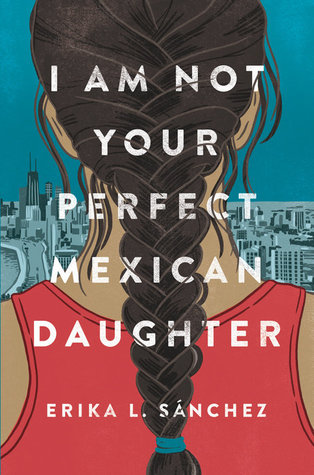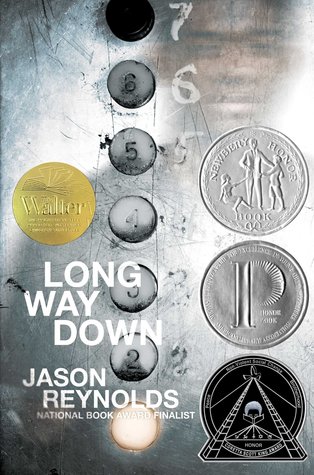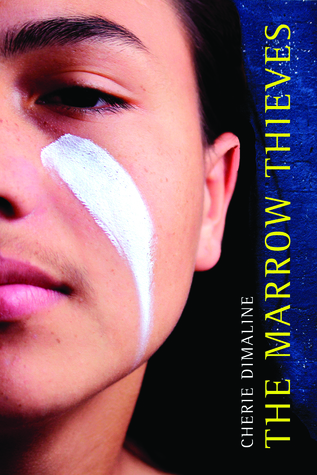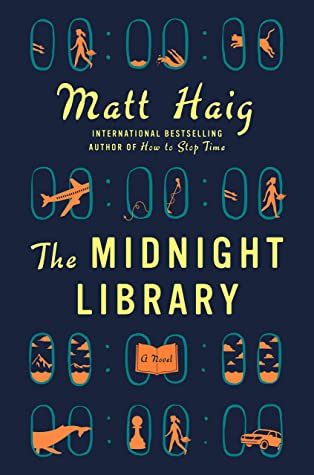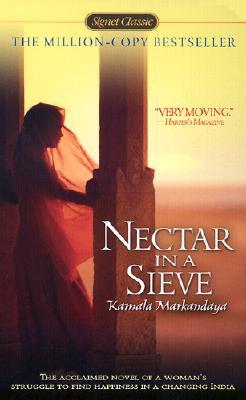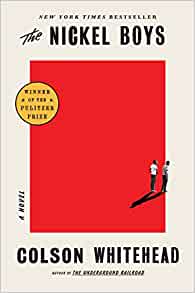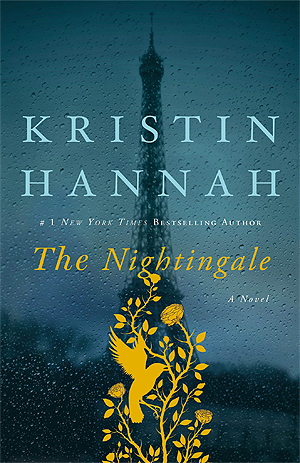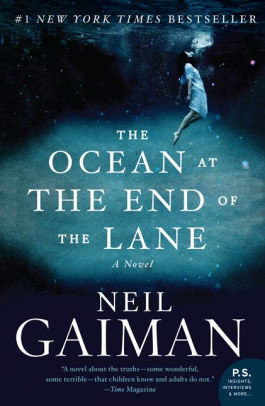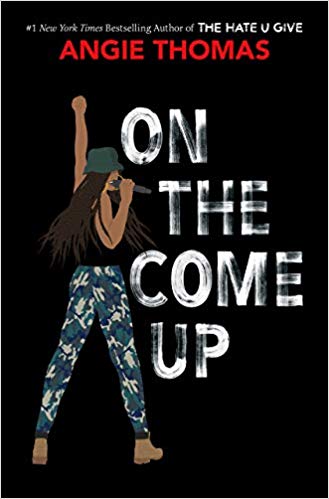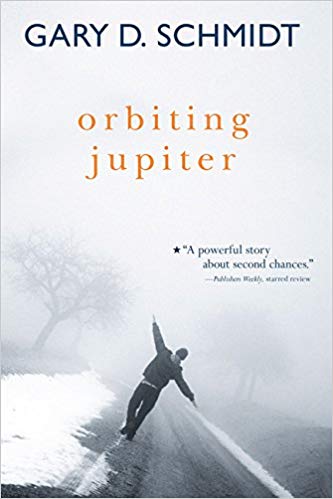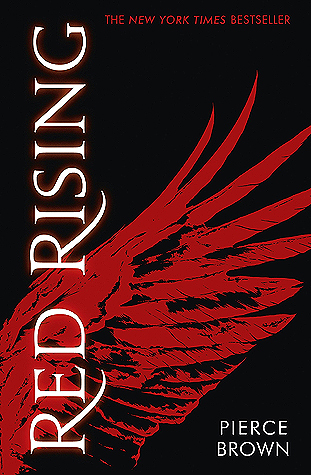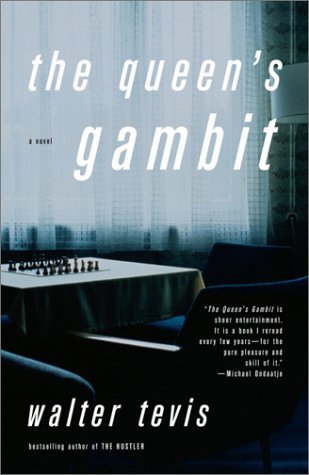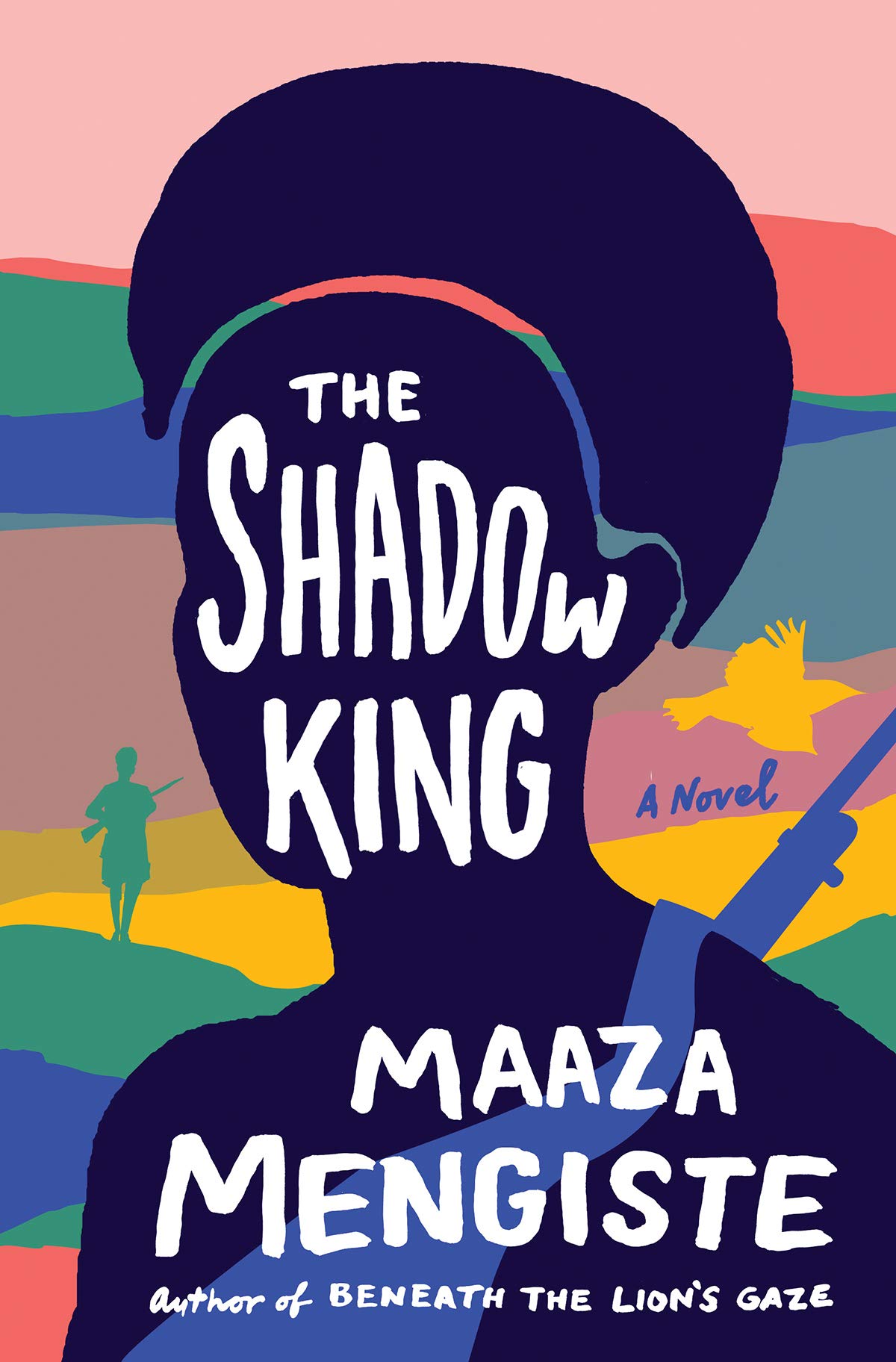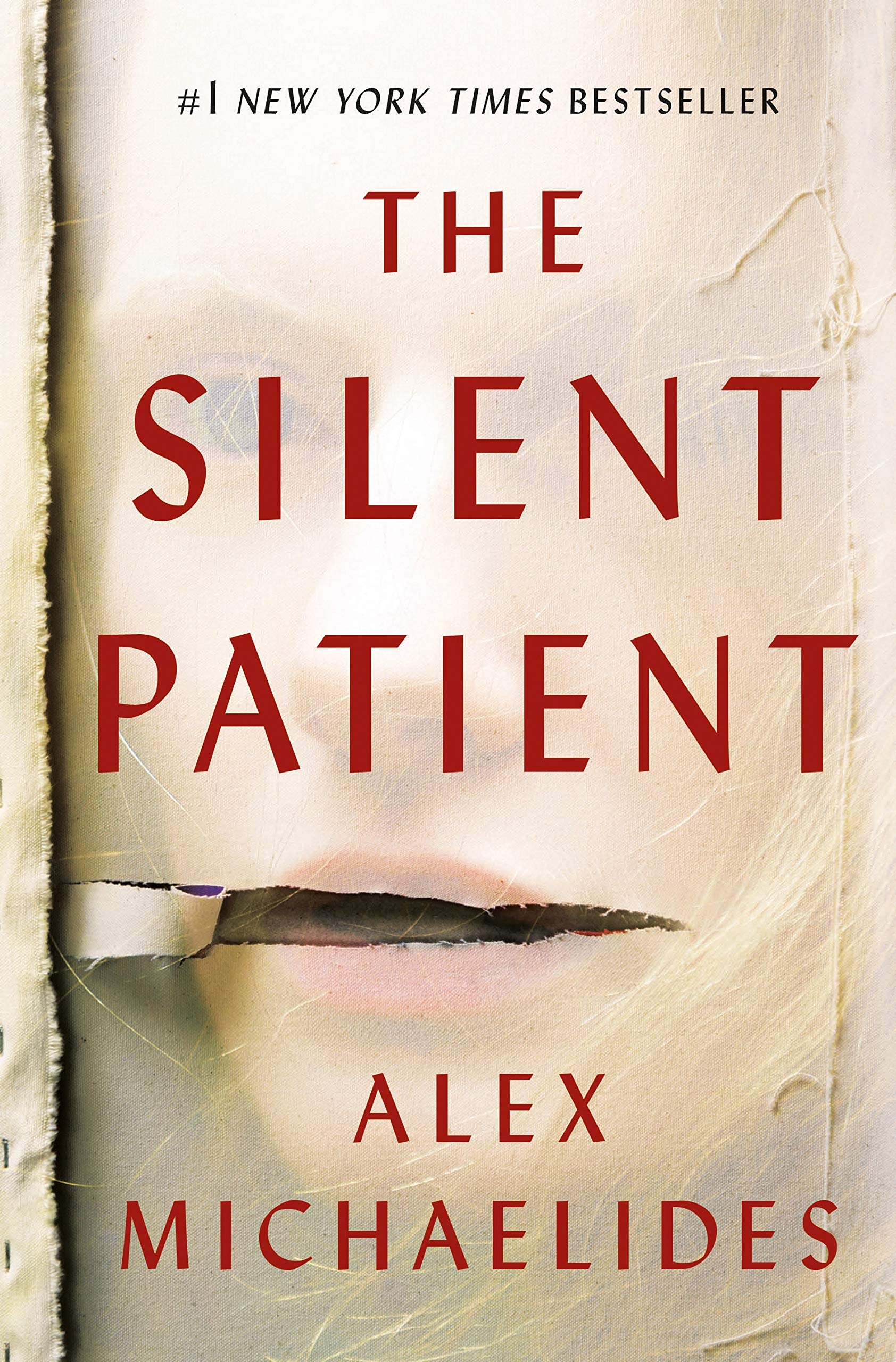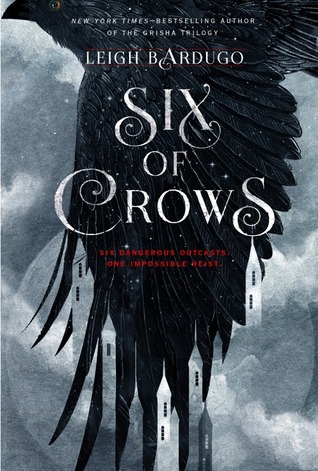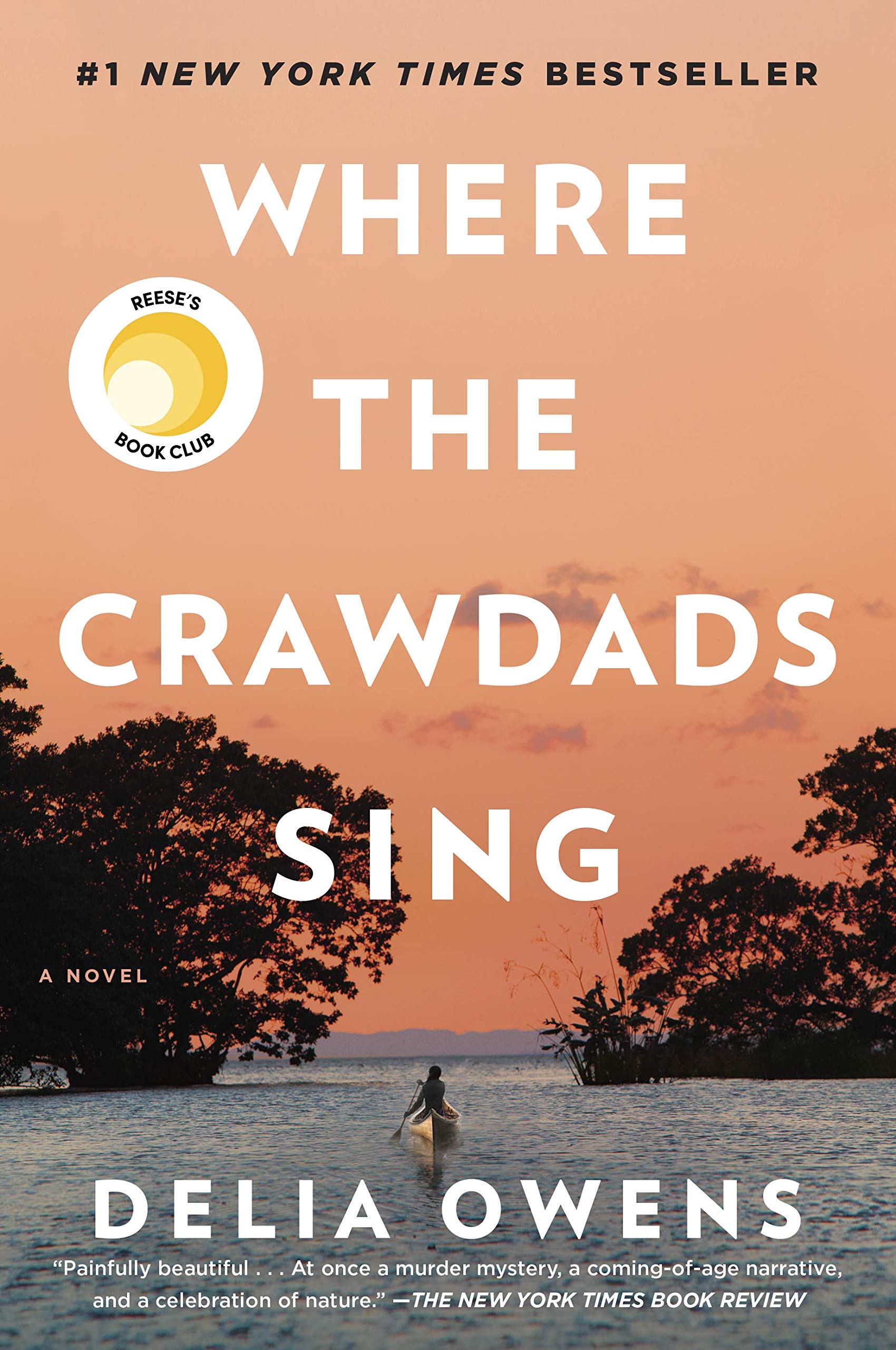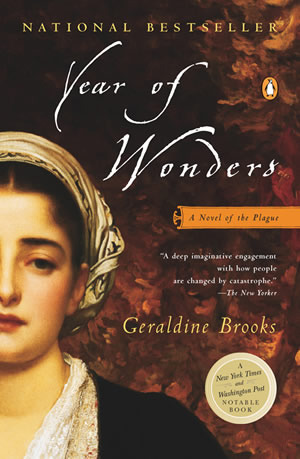2021 Summer Assignments
Letter from Ms. Ritter
Dear Students,
Our summer reading program at CHS offers choice as a way to develop a lifelong love of reading and promote a school-wide culture of literacy. Students who read consistently over the summer prevent academic backslide. Those who read just twenty minutes per day (outside of school throughout their education) are exposed to 1,800,000 words per year and often score in the 90th percentile on standardized tests.
College Prep Students (entering grades 9-11)
- All students will read two books during the summer months.
- College-prep students will select two works, one from the non-fiction list and one from the fiction list.
- Please do not repeat a selection read during summer, 2020.
- Please refer to the correct assignments below for details.
AP and Honors Students (entering grades 9-12)
- All students will read one fictional work chosen by the teacher as an extension of the curriculum; teachers will offer instruction around this text in the fall.
- All required texts are linked to a free digital version
- All students will select one work from the non-fiction list provided.
- Please do not repeat a selection read during summer, 2020.
- Please refer to the correct assignments below for details.
Senior Students (only) Enrolled in Semester Elective Courses
- All students will read, view, or listen to one work chosen by the teacher as an extension of the curriculum for each of the chosen semester elective classes
- Please refer to the correct assignments below for details.
While selecting works, remember that there are several from which to choose; please select a book according to your level of interest, readiness, and maturity. Consider that some of the content of these works may not reflect your family’s values and morals, and determine your reading selection accordingly. Do some research before selecting your text; one way to begin is to read the summary of each book by selecting the image of the cover on the CHS Website.
Have a restful and book-filled summer!
Sincerely,
Mrs. Susan Ritter
Supervisor of Language Arts, K-12
Access to Digital Texts
Where available, texts have been linked to a free resource (i.e. Cranford Public Library, Sora, etc) which is noted in parenthesis after each title or hyperlinked. Any required texts include a link to a free digital text. If you do not have a library card and would like access to Cranford Public Library’s ebook collection, contact Stacey Shapiro at S-Shapiro@cranfordnj.org and she will help you obtain a library card. Please note, most ebook options can only be checked out for fourteen days; however, in many cases you can renew or check the book out again.
To access Sora, Cranford’s ebook and audiobook database, use Google’s workspace (waffle) choose the Sora app and log in using your Cranford email. Search for the title of the book at the top of the page, under search. Make sure to link your Cranford Public Library card to Sora to access even more texts! Don’t forget, you can download the Sora app on your smartphone. To learn more about Sora, check out their website.
Summer Reading Assignments
Students Registered for Elective Classes
In an effort to further develop your analytical reading skills and prepare for instruction, students will read, view, or listen to one work selected by your teacher. This work will be considered an extension of the semester curriculum; you should read one for each of the electives, totaling two works
Please read carefully and annotate as preparation for discussion and classroom activities. The titles for each course are listed below:
Creative Writing: Read Bird by Bird by Anne Lamott or On Writing by Stephen King
English IV Honors Writing: Read Tell it Slant by Brenda Miller and Suzanne Paola or Dryer’s English by Benjamin DryerEnglish IV Writing: Choose one work to read from the non-fiction list.
English IV Literature: Read The Other Wes Moore by Wes Moore
Film as Literature: Watch any Oscar award winning film.
- Official Academy Award Database
- Complete list of “Best Picture” Oscar-winning films
- Open Culture - View Oscar-winning films for free
- See: Netflix, Amazon Prime or Internet Archive to view the movies
- Read a reputable article from Roger Ebert, Rolling Stone Magazine, New York Times, or Variety relating to that film (review or interview)
Graphic Novel: Read Watchmen, Alan Moore, Dave Gibbons, and John Higgins or Absolute Batman: The Long Halloween, Jeph Loeb, Tim Sale, Gregory Wright, and Richard Starkings.
Speech/Forensics: Read Calypso, David Sedaris or listen to/view the following speeches:
- FDR's First Inaugural Address
- Crystal Eastman, 1920 Beyond Woman Suffrage
- Eisenhower's Farewell Address JFK's Inaugural Address
- Barbara Jordan 1974, House Judiciary Committee
- Barbara Bush, Wellesley Commencement
- Obama's 1st Inaugural Address
- Attallah Shabazz's Eulogy for Coretta Scott King
- Governor Kathleen Blanco, Address to the Louisiana State Legislature 2005.
Sports America: Read The Best American Sports Writing 2020 by Stout and MacMullan If you need a digital version, you may read, The Best American Sports Writing 2013, via CPL or Sora
Twenty-First Century Communication: Because Internet by Gretchen McCulloch
Incoming AP and Honors Students
In an effort to further develop your analytical reading skills and prepare for instruction, AP and honors students will read a work of fiction selected by your teacher. This work will be considered an extension of the year-long curriculum; it will be taught in September, and you will be assessed on your understanding of it.
Fiction
Please read carefully and annotate as preparation for discussion and classroom activities. The titles for each course are listed below:
Ninth Grade Honors—Mythology, ed. Edith Hamilton
Tenth Grade Honors—The Grapes of Wrath, John Steinbeck
Eleventh Grade Honors—The Handmaid's Tale, Margaret Atwood
Eleventh Grade AP Language and Composition—1984, George Orwell
Twelfth Grade AP Literature and Composition —Song of Solomon, Toni Morrison
Non-Fiction
Please choose from the list of works below. Teachers will hold students accountable for the completion of this reading in September.
Incoming College-Prep Students
Fiction
Please choose from the list of works below. Teachers will hold students accountable for the completion of this reading in September.
Non-Fiction
Please choose from the list of works below. Teachers will hold students accountable for the completion of this reading in September.
Non-Fiction Works (Click on the Books to View their Descriptions)
The 57 Bus: A True Story of Two Teenagers and the Crime That Changed Their Lives (Dashka Slater)
One teenager in a skirt. One teenager with a lighter. One moment that changes both of their lives forever. If it weren't for the 57 bus, Sasha and Richard never would have met. Both were high school students from Oakland, California, one of the most diverse cities in the country, but they inhabited different worlds. Sasha, a white teen, lived in the middle-class foothills and attended a small private school. Richard, a black teen, lived in the crime-plagued flatlands and attended a large public one. Each day, their paths overlapped for a mere eight minutes. But one afternoon on the bus ride home from school, a single reckless act left Sasha severely burned, and Richard charged with two hate crimes and facing life imprisonment.
A Bone to Pick(Mark Bittman)
His latest book, “A Bone to Pick” (Penguin Random House, May 5), is a collection of Bittman’s NYT columns on how to “un-invent this food system” that has been “a major contributor to climate change, spawned the obesity crisis, poisoned countless volumes of land and water, wasted energy and tortured billions of animals.”
Barbarian Days(William Finnegan)
Barbarian Days is William Finnegan’s memoir of an obsession, a complex enchantment. Surfing only looks like a sport. To initiates, it is something else entirely: a beautiful addiction, a demanding course of study, a morally dangerous pastime, a way of life. Raised in California and Hawaii, Finnegan started surfing as a child. He has chased waves all over the world, wandering for years through the South Pacific, Australia, Asia, Africa. A bookish boy, and then an excessively adventurous young man, he went on to become a distinguished writer and war reporter. Barbarian Days takes us deep into unfamiliar worlds, some of them right under our noses—off the coasts of New York and San Francisco. It immerses the reader in the edgy camaraderie of close male friendships annealed in challenging waves.
Becoming Nicole(Amy Ellis Nutt)
The inspiring true story of a transgender girl, her identical twin brother, and an ordinary American family’s extraordinary journey to understand, nurture, and celebrate the uniqueness in us all, from the Pulitzer Prize-winning science reporter for The Washington Post
- NY TIMES Best Seller
Behind the Beautiful Forevers (Katherine Boo)
From Pulitzer Prize-winner Katherine Boo, a landmark work of narrative nonfiction that tells the dramatic and sometimes heartbreaking story of families striving toward a better life in one of the twenty-first century's great, unequal cities.
The Borden Murders: Lizzie Borden and the Trial of the Century (Sarah Miller)
August 4, 1892: Lizzie Borden calls out frantically for help. When the maid and the neighbors come running, they find Lizzie's father, Andrew Borden, lying murdered in the sitting room of the Borden home at 92 Second Street in Fall River, Massachusetts. Soon after, the body of Lizzie's stepmother, Abby, is discovered upstairs. As the minutes give way to hours, one person rises to the top of the list of suspects: Lizzie herself. But how could a mild-mannered young woman from a prominent family be an axe murderer?
Boys in the Boat (Daniel James Brown)
Daniel James Brown's robust book tells the story of the University of Washington's 1936 eight-oar crew and their epic quest for an Olympic gold medal, a team that transformed the sport and grabbed the attention of millions of Americans. The sons of loggers, shipyard workers, and farmers, the boys defeated elite rivals first from eastern and British universities and finally the German crew rowing for Adolf Hitler in the Olympic games in Berlin, 1936.
Brothers of the Gun (Marwan Hisham)
A bracingly immediate memoir by a young man coming of age during the Syrian war, an intimate lens on the century’s bloodiest conflict, and a profound meditation on kinship, home, and freedom.
Brown Girl Dreaming(Jacqueline Woodson)
Raised in South Carolina and New York, Woodson always felt halfway home in each place. In vivid poems, she shares what it was like to grow up as an African American in the 1960s and 1970s, living with the remnants of Jim Crow and her growing awareness of the Civil Rights movement. Touching and powerful, each poem is both accessible and emotionally charged, each line a glimpse into a child’s soul as she searches for her place in the world. Woodson’s eloquent poetry also reflects the joy of finding her voice through writing stories, despite the fact that she struggled with reading as a child. Her love of stories inspired her and stayed with her, creating the first sparks of the gifted writer she was to become.
- Booklist, 08/01/14
- Bulletin of the Center for Children Books, 09/01/14
- Christian Library Journal, 09/01/15
- Coretta Scott King Author Award, 2015
- Horn Book Guide, 04/01/15
- New York Times, 08/24/14
- Voice of Youth Advocates (VOYA), 10/01/14
Call Me American (Abdi Nor Iftin)
The incredible true story of a boy living in war-torn Somalia who escapes to America--first by way of the movies; years later, through a miraculous green card. Abdi Nor Iftin first fell in love with America from afar.
Dry(Augusten Burroughs)
“I was addicted to “Bewitched” as a kid. I worshiped Darren Stevens the First. When he’d come home from work and Samantha would say, ‘Darren, would you like me to fix you a drink?’ He’d always rest his briefcase on the table below the mirror in the foyer, wipe his forehead with a monogrammed handkerchief and say, ‘Better make it a double.’” (from Chapter Two)
You may not know it, but you’ve met Augusten Burroughs. You’ve seen him on the street, in bars, on the subway, at restaurants: a twentysomething guy, nice suit, works in advertising. Regular. Ordinary. But when the ordinary person had two drinks, Augusten was circling the drain by having twelve; when the ordinary person went home at midnight, Augusten never went home at all. Loud, distracting ties, automated wake-up calls and cologne on the tongue could only hide so much for so long. At the request (well, it wasn’t really a request) of his employers, Augusten lands in rehab, where his dreams of group therapy with Robert Downey Jr. are immediately dashed by grim reality of fluorescent lighting and paper hospital slippers. But when Augusten is forced to examine himself, something actually starts to click and that’s when he finds himself in the worst trouble of all. Because when his thirty days are up, he has to return to his same drunken Manhattan life—and live it sober. What follows is a memoir that’s as moving as it is funny, as heartbreaking as it is true. Dry is the story of love, loss, and Starbucks as a Higher Power.
- Booklist, 05/01/03
- Kirkus Reviews, 04/15/03
- Library Journal
- Publishers Weekly, 04/21/03
Evicted: Poverty and Profit in the American City (Matthew Desmond)
In this brilliant, heartbreaking book, Matthew Desmond takes us into the poorest neighborhoods of Milwaukee to tell the story of eight families on the edge. Arleen is a single mother trying to raise her two sons on the $20 a month she has left after paying for their rundown apartment. Scott is a gentle nurse consumed by a heroin addiction. Lamar, a man with no legs and a neighborhood full of boys to look after, tries to work his way out of debt. Vanetta participates in a botched stickup after her hours are cut. All are spending almost everything they have on rent, and all have fallen behind.
The Family Romanov: Murder, Rebellion, and the Fall of Imperial Russia (Candace Fleming)
Here is the tumultuous, heartrending, true story of the Romanovs—at once an intimate portrait of Russia's last royal family and a gripping account of its undoing. Using captivating photos and compelling first person accounts, award-winning author Candace Fleming (Amelia Lost; The Lincolns) deftly maneuvers between the imperial family’s extravagant lives and the plight of Russia's poor masses, making this an utterly mesmerizing read.
The Game (Ken Dryden)
Widely acknowledged as the best hockey book ever written and lauded by "Sports Illustrated" as one of the Top 10 Sports Books of All Time, "The Game" is a reflective and thought-provoking look at a life in hockey. Intelligent and insightful, former Montreal Canadiens goalie and former President of the Toronto Maple Leafs, Ken Dryden captures the essence of the sport and what it means to all hockey fans.
Hooked: Food, Free will and How the Food Giants Exploit our Addictions (Michael Moss)
A gripping account of the legal battles, insidious marketing campaigns, and cutting-edge food science that have brought us to our current public health crisis, Hooked lays out all that the food industry is doing to exploit and deepen our addictions, and shows us why what we eat has never mattered more.
The Hot Zone (Richard Preston)
The Hot Zone: A Terrifying True Story is a best-selling 1994 nonfiction thriller by Richard Preston about the origins and incidents involving viral hemorrhagic fevers, particularly ebolaviruses and marburgviruses. The basis of the book was Preston's 1992 New Yorker article "Crisis in the Hot Zone".
How to Survive a Plague (David France)
In the late 1980s, members of Act-Up and other AIDS activists battle hostility and indifference to bring attention to the disease and try to reduce the number of victims while hoping to lead the drive to find a cure.
How We Got to Now (Steven Johnson)
By the time you reach the end of Steven Johnson’s latest book on innovation, you’re apt to find yourself exhilarated and a little bit fatigued. It’s a case of literary jet lag. You’ve been with Johnson to secret chambers within the pyramids of Giza and foul trenches in the sewers of old Chicago; you’ve looked through telescopes on Mauna Kea and peered into microscopes with 19th-century bacteriologists. You’ve had to move around space and time to do this, but more crucially, you’ve had to wander back and forth through passageways that connect technological history with politics, economics and culture. Have you ever wondered why flash photography led to antipoverty programs at the turn of the 20th century? Or how the invention of the laser contributed to the decline of mom-and- pop stores? Of course you haven’t, because you didn’t really stop to think — wait, check that; I didn’t really stop to think — how the invention of flash photography finally allowed Jacob Riis to capture the images of dismal tenement life on New York’s Lower East Side that he had already been writing about, with little impact, for years. Or how the laser begat the bar code that, in turn, gave an efficiency advantage to stores like Target and Walmart. “How We Got to Now” is full of nifty connections like these — stories that illustrate obscure chains of causality that shaped the modern world. We’ve gone from making cave paintings to using slender slabs of powerful technology like the iPhone 6. But it’s hardly been a linear path. Johnson shows the meandering process by which we’ve made this journey, and what sort of cultural waves ripple outward as we move ahead.
I Have the Right To: A High School Survivors Story of Sexual Assault, Justice and Hope (Chessy Prout)
In 2014, Chessy Prout was a freshman at St. Paul’s School, a prestigious boarding school in New Hampshire, when a senior boy sexually assaulted her as part of a ritualized game of conquest. Chessy bravely reported her assault to the police and testified against her attacker in court. Then, in the face of unexpected backlash from her once-trusted school community, she shed her anonymity to help other survivors find their voice. This memoir is more than an account of a horrific event. It takes a magnifying glass to the institutions that turn a blind eye to such behavior and a society that blames victims rather than perpetrators. Chessy’s story offers real, powerful solutions to upend rxpe culture as we know it today. Prepare to be inspired by this remarkable young woman and her story of survival, advocacy, and hope in the face of unspeakable trauma.
Just Mercy: A Story of Justice and Redemption (Bryan Stevenson)
An unforgettable true story about the potential for mercy to redeem us, and a clarion call to end mass incarceration in America — from one of the most inspiring lawyers of our time. Bryan Stevenson was a young lawyer when he founded the Equal Justice Initiative, a nonprofit law office in Montgomery, Alabama, dedicated to defending the poor, the incarcerated, and the wrongly condemned.
Killers of the Flower Moon (David Grann)
In the 1920s, the richest people per capita in the world were members of the Osage Indian Nation in Oklahoma. After oil was discovered beneath their land, the Osage rode in chauffeured automobiles, built mansions, and sent their children to study in Europe. Then, one by one, they began to be killed off. One Osage woman, Mollie Burkhart, watched as her family was murdered. Her older sister was shot. Her mother was then slowly poisoned. And it was just the beginning, as more Osage began to die under mysterious circumstances.
Living and Dying in Brick City(Sampson Davis)
Looks at the healthcare crisis in the inner city from the perspective of a doctor who grew up in Newark, New Jersey, and returned to practice emergency medicine; and offers practical advice to those who live in such communities on managing their health issues.
- Bulletin of the Center for Children’s Books, 02/01/15
- Horn Book Guide, 10/01/15
- Kirkus Reviews, 08/15/14
- Library Media Connection, 03/01/15
- Publishers Weekly, 07/21/14
The Lost City of the Monkey God (Douglas Preston)
Since the days of conquistador Hernán Cortés, rumors have circulated about a lost city of immense wealth hidden somewhere in the Honduran interior, called the White City or the Lost City of the Monkey God. Indigenous tribes speak of ancestors who fled there to escape the Spanish invaders, and they warn that anyone who enters this sacred city will fall ill and die. In 1940, swashbuckling journalist Theodore Morde returned from the rainforest with hundreds of artifacts and an electrifying story of having found the Lost City of the Monkey God-but then committed suicide without revealing its location. Three quarters of a century later, bestselling author Doug Preston joined a team of scientists on a groundbreaking new quest.
Paper: Paging Through History(Mark Kurlansky)
Material historian Mark Kurlansky tells the history of the world through things. In his bestselling books Cod and Salt, he focuses on a particular commodity and explores how it has shaped our global society. Readers will find his latest offering,Paper: Paging Through History, an engaging and informative journey through the history of paper, printing and writing.
Rethinking Normal(Katie Rain Hill)
In her unique, generous, and affecting voice, nineteen-year-old Katie Hill shares her personal journey of undergoing gender reassignment.
Have you ever worried that you’d never be able to live up to your parents’ expectations? Have you ever imagined that life would be better if you were just invisible? Have you ever thought you would do anything—anything—to make the teasing stop? Katie Hill had and it nearly tore her apart.
Katie never felt comfortable in her own skin. She realized very young that a serious mistake had been made; she was a girl who had been born in the body of a boy. Suffocating under her peers’ bullying and the mounting pressure to be “normal,” Katie tried to take her life at the age of eight years old. After several other failed attempts, she finally understood that “Katie”—the girl trapped within her—was determined to live.
In this first-person account, Katie reflects on her pain-filled childhood and the events leading up to the life-changing decision to undergo gender reassignment as a teenager. She reveals the unique challenges she faced while unlearning how to be a boy and shares what it was like to navigate the dating world and experience heartbreak for the first time in a body that matched her gender identity. Told in an unwaveringly honest voice, Rethinking Normal is a coming-of-age story about transcending physical appearances and redefining the parameters of “normalcy” to embody one’s true self.
- Kirkus Reviews, 06/01/14
- Publishers Weekly Annex, 05/12/14
Say Nothing: A True Story of Murder and Memory in Northern Ireland (Patrick Radden Keefe)
In December 1972, Jean McConville, a thirty-eight-year-old mother of ten, was dragged from her Belfast home by masked intruders, her children clinging to her legs. They never saw her again. Her abduction was one of the most notorious episodes of the vicious conflict known as The Troubles. Everyone in the neighborhood knew the I.R.A. was responsible. But in a climate of fear and paranoia, no one would speak of it.
Scrappy Little Nobody (Anna Kendrick)
Through a collection of essays, Kendrick, self-proclaimed scrappy little nobody, dishes on the sometimes glamorous (but more often not) life of a person who makes movies and how she got there. The essays are loosely grouped together by topic, but stories and anecdotes aren't told in chronological order.
Stamped: Racism, Antiracism, and You (Jason Reynolds & Ibram X. Kendi)
The construct of race has always been used to gain and keep power, to create dynamics that separate and silence. This remarkable reimagining of Dr. Ibram X. Kendi's National Book Award-winning Stamped from the Beginning reveals the history of racist ideas in America, and inspires hope for an antiracist future. It takes you on a race journey from then to now, shows you why we feel how we feel, and why the poison of racism lingers. It also proves that while racist ideas have always been easy to fabricate and distribute, they can also be discredited. Through a gripping, fast-paced, and energizing narrative written by beloved award-winner Jason Reynolds, this book shines a light on the many insidious forms of racist ideas--and on ways readers can identify and stamp out racist thoughts in their daily lives.
They Called Us Enemy (George Takei)
They Called Us Enemy tells George Takei's personal story of World War II internment in the United States. It offers the opportunity to discuss the politics of the time and how they may have changed since then. It also touches on themes of personal honor, activism, and reconciliation.
We Should All Be Feminists (Chimamanda Ngozi Adichie)
We Should All Be Feminists is a book-length essay by the Nigerian author Chimamanda Ngozi Adichie. First published in 2014 by Fourth Estate, it talks about the definition of feminism for the 21st century.
What Made Maddy Run? (Kate Fagan)
A sports journalist relates the story of Ivy League freshman and track star Maddy Holleran, who seemingly had it all and succeeded at everything she tried, but who secretly grappled with mental illness before taking her own life.
When to Rob a Bank (Steven Levitt and Stephen Dubner)
In celebration of the 10th anniversary of the landmark book Freakonomics comes this curated collection from the most readable economics blog in the universe. It’s the perfect solution for the millions of readers who love all things Freakonomics. Surprising and erudite, eloquent and witty, When to Rob a Bank demonstrates the brilliance that has made the Freakonomics guys an international sensation, with more than 7 million books sold in 40 languages, and 150 million downloads of their Freakonomics Radio podcast.
Fiction Works (Click on the Books to View their Descriptions)
All the Bright Places (Jennifer Niven)
Theodore Finch is fascinated by death. Every day he thinks of ways he might kill himself, but every day he also searches for—and manages to find—something to keep him here, and alive, and awake. Violet Markey lives for the future, counting the days until graduation, when she can escape her small Indiana town and her aching grief in the wake of her sister’s recent death. When Finch and Violet meet on the ledge of the bell tower at school—six stories above the ground— it’s unclear who saves whom. Soon it’s only with Violet that Finch can be himself. And it’s only with Finch that Violet can forget to count away the days and start living them. But as Violet’s world grows, Finch’s begins to shrink. . . .
All the Truth That's in Me(Julie Berry)
Four years ago, Judith and her best friend disappeared from their small town of Roswell Station. Two years ago, only Judith returned, permanently mutilated, reviled and ignored by those who were once her friends and family.
Unable to speak, Judith lives like a ghost in her own home, silently pouring out her thoughts to the boy who’s owned her heart as long as she can remember—even if he doesn’t know it—her childhood friend, Lucas.
But when Roswell Station is attacked, long-buried secrets come to light, and Judith is forced to choose: continue to live in silence, or recover her voice, even if it means changing her world, and the lives around her, forever.
This startlingly original novel will shock and disturb you; it will fill you with Judith’s passion and longing; and its mysteries will keep you feverishly turning the pages until the very last
American Dirt (Cummins)
American Dirt is a 2020 novel by American author Jeanine Cummins, about the ordeal of a Mexican woman who had to leave behind her life and escape as an undocumented immigrant to the United States with her son.
Atonement(Jonathan Cape)
McEwan’s haunting and beautifully crafted novel opens on a summer day in 1935, when 13-year-old Briony shows her mother a play she’s written to perform with her three young cousins the next evening. “Briony was hardly to know it then, but this was the project's highest point of fulfillment,” McEwan writes. “Nothing came near it for satisfaction, all else was dreams and frustration.” That evening, Briony witnesses her 15-year-old cousin Lola being assaulted in the darkened woods. Her testimony implicates Robbie, her sister Cecilia’s boyfriend from Cambridge and son of the family house maid, and he is jailed. In a second section, McEwan gives a panoramic account of the harrowing evacuation of Dunkirk in 1940, with Robbie among those saved. Realising she has ruined Cecilia and Robbie’s lives, Briony works as a nurse during the Blitz in a third section. As McEwan follows these characters through six decades, Briony’s search for redemption evolves into a meditation on the power of art.
Audacity (Melanie Crowder)
Ius Uprising of the 20,000. Powerful, breathtaking, and inspiring, AUDACITY is the story of a remarkable young woman, whose passion and selfless devotion to her cause changed the world.
n time, Clara convinces the women in the factories to strike, organize, and unionize, culminating in the famoThe Beekeeper of Aleppo (Christy Leferi)
This unforgettable novel puts human faces on the Syrian war with the immigrant story of a beekeeper, his wife, and the triumph of spirit when the world becomes unrecognizable. Nuri is a beekeeper and Afra, his wife, is an artist.
The Brief Wondrous Life of Oscar Wao(Junot Díaz)
The winner in this BBC Culture critics’ poll is Junot Diaz’s first novel, about New Jersey ghetto-nerd Oscar, who dreams of being the Dominican-American Tolkien and finding love. It also was named as the number-one book by the most critics. “It is a big deal for me to fall in love with a book when its DNA is science fiction, fantasy and testosterone,” says Elizabeth Taylor, The Chicago Tribune’s literary editor-at-large. “This was only the second book by a Latino author to receive the Pulitzer Prize in fiction,” notes critic and author Rigoberto Gonzalez. “Oscar Wao reaffirmed the strong connections Latinos maintain with their ancestral homeland’s culture, language and history. It also re-energized these questions: Who is American? What is the American experience?” Critic and playwright Gregg Barrios concurs, “Díaz’s deft mash-up of Dominican history, comics, sci-fi, magic realism and footnotes totally rocks. Nerdy Oscar and the book’s macho narrator Yunior resonate as authentically as Roth’s Portnoy, Updike’s Rabbit, Bellow’s Augie or Toole’s Ignatius.” (Riverhead)
Children of Blood and Bone (Tomi Adeyemi)
The book, Adeyemi's debut novel and the first book in a planned trilogy, follows heroine Zélie Adebola as she attempts to restore magic to the kingdom of Orïsha, following the ruling class kosidáns' brutal suppression of the class of magic practitioners Zélie belongs to, the maji.
The Downstairs Girl (Stacy Lee)
1890, Atlanta. By day, seventeen-year-old Jo Kuan works as a lady's maid for the cruel Caroline Payne, the daughter of one of the wealthiest men in Atlanta. But by night, Jo moonlights as the pseudonymous author of a newspaper advice column for 'the genteel Southern lady'.
Elevation (Stephen King)
Although Scott Carey doesn’t look any different, he’s been steadily losing weight. There are a couple of other odd things, too. He weighs the same in his clothes and out of them, no matter how heavy they are. Scott doesn’t want to be poked and prodded. He mostly just wants someone else to know, and he trusts Doctor Bob Ellis. In the small town of Castle Rock, the setting of many of King’s most iconic stories, Scott is engaged in a low grade—but escalating—battle with the lesbians next door whose dog regularly drops his business on Scott’s lawn. One of the women is friendly; the other, cold as ice. Both are trying to launch a new restaurant, but the people of Castle Rock want no part of a gay married couple, and the place is in trouble. When Scott finally understands the prejudices they face–including his own—he tries to help. Unlikely alliances, the annual foot race, and the mystery of Scott’s affliction bring out the best in people who have indulged the worst in themselves and others.
The Gilded Ones (Namina Forna)
Sixteen-year-old Deka lives in fear and anticipation of the blood ceremony that will determine whether she will become a member of her village. Already different from everyone else because of her unnatural intuition, Deka prays for red blood so she can finally feel like she belongs. But on the day of the ceremony, her blood runs gold, the color of impurity--and Deka knows she will face a consequence worse than death."
The Four Winds (Kristin Hannah)
A family, a home and a livelihood on a farm on the Great Plains. But when drought threatens all she and her community hold dear, Elsa's world is shattered to the winds. Fearful of the future, when Elsa wakes to find her husband has fled, she is forced to make the most agonizing decision of her life.
Half of a Yellow Sun(Chimamanda Ngozi Adichie)
In her audacious and vividly imagined second novel, Adichie drew upon her ancestral past to write about the Biafra conflict, which traumatised her country and her family for three years after the Igbo people of eastern Nigeria seceded in 1967 (her grandfather died in a refugee camp during the war). The novel is told from the perspectives of twin sisters Olanna and Kainene, a 13-year-old houseboy and Richard, a British expatriate who is in love with Kainene. Olanna’s academic boyfriend, who favours secession, is also a key character as Adichie shows the repercussions of postcolonial power struggles on individual lives. “Adichie's novel is a tour de force, artistically and intellectually,” notes critic Walton Muyumba, author of The Shadow and the Act. “It is also a serious political novel about love in wartime.”
Homegoing (Yaa Gyasi)
Homegoing, by Yaa Gyasi, is a historical novel that traces the descendants of two half-sisters Effia and Esi, born into different villages in Ghana. The sisters' lives follow different paths: Effia marries a wealthy Englishman and lives in Cape Coast Castle, while Esi is captured during a raid and sold into slavery.
How the Garcia Girls Lost Their Accent (Julia Alvarez)
Uprooted from their family home in the Dominican Republic, the four Garcia sisters - Carla, Sandra, Yolanda, and Sofia - arrive in New York City in 1960 to find a life far different from the genteel existence of maids, manicures, and extended family they left behind. What they have lost - and what they find - is revealed in the fifteen interconnected stories that make up this exquisite novel from one of the premier novelists of our time.
I Am Not Your Perfect Mexican Daughter (Erika L. Sanchez)
Perfect Mexican daughters do not go away to college. And they do not move out of their parents’ house after high school graduation. Perfect Mexican daughters never abandon their family. But Julia is not your perfect Mexican daughter.
Long Way Down
New York Times bestseller Jason Reynolds’s fiercely stunning novel that takes place in sixty potent seconds—the time it takes a kid to decide whether or not he’s going to murder the guy who killed his brother.
The Librarian of Auschwitz (Iturbe)
Follows the true story of Dita Kraus, a fourteen-year-old girl from Prague who after being sent to Auschwitz is chosen to protect the eight volumes prisoners have smuggled past the guards.
The Marrow Thieves (Dimaline)
In a futuristic world ravaged by global warming, people have lost the ability to dream, and the dreamlessness has led to widespread madness. The only people still able to dream are North America's Indigenous people, and it is their marrow that holds the cure for the rest of the world. But getting the marrow, and dreams, means death for the unwilling donors. Driven to flight, a fifteen-year-old and his companions struggle for survival, attempt to reunite with loved ones and take refuge from the "recruiters" who seek them out to bring them to the marrow-stealing "factories."
The Midnight Library (Haig)
Somewhere out beyond the edge of the universe there is a library that contains an infinite number of books, each one the story of another reality. One tells the story of your life as it is, along with another book for the other life you could have lived if you had made a different choice at any point in your life. Nora Seed finds herself faced with this decision. Faced with the possibility of changing her life for a new one, following a different career, undoing old breakups, realizing her dreams of becoming a glaciologist; she must search within herself as she travels through the Midnight Library to decide what is truly fulfilling in life, and what makes it worth living in the first place.
Nectar in a Sieve (Kamala Markandaya)
Named Notable Book of 1955 by the American Library Association, this is the very moving story of a peasant woman in a primitive village in India whose whole life was a gallant and persistent battle to care for those she loved.
The Nickel Boys (Colson Whitehead)
In Whitehead's novel, set in the early 1960s, the reformatory in question is called the Nickel Academy, named after a former leader of the school, although some students say it's really "because their lives weren't worth five cents." The novel follows Elwood Curtis, a young man whose dreams of going to college are dashed when he's sentenced to do time at the school.
The Nightingale (Kristin Hannah )
France, 1939
In the quiet village of Carriveau, Vianne Mauriac says goodbye to her husband, Antoine, as he heads for the Front. She doesn’t believe that the Nazis will invade France...but invade they do, in droves of marching soldiers, in caravans of trucks and tanks, in planes that fill the skies and drop bombs upon the innocent. When France is overrun, Vianne is forced to take an enemy into her house, and suddenly her every move is watched; her life and her child’s life is at constant risk. Without food or money or hope, as danger escalates around her, she must make one terrible choice after another.
The Ocean at the End of the Lane (Gaiman)
It tells the story of a man who returns to Sussex for a funeral and then finds himself driving "randomly" to the scenes of his childhood. He is drawn to the Hempstock farmhouse wherein, he remembers, there lived three generations of powerful and mysterious Hempstock women.
On the Come Up (Angie Thomas)
Sixteen-year-old Bri wants to be one of the greatest rappers of all time. Or at least win her first battle. As the daughter of an underground hip hop legend who died right before he hit big, Bri’s got massive shoes to fill. But it’s hard to get your come up when you’re labeled a hoodlum at school, and your fridge at home is empty after your mom loses her job. So Bri pours her anger and frustration into her first song, which goes viral…for all the wrong reasons. Bri soon finds herself at the center of a controversy, portrayed by the media as more menace than MC. But with an eviction notice staring her family down, Bri doesn’t just want to make it—she has to. Even if it means becoming the very thing the public has made her out to be. Insightful, unflinching, and full of heart, On the Come Up is an ode to hip hop from one of the most influential literary voices of a generation. It is the story of fighting for your dreams, even as the odds are stacked against you; and about how, especially for young black people, freedom of speech isn’t always free.
Orbiting Jupiter (Gary D. Schmidt)
The two-time Newbery Honor winner Gary D. Schmidt delivers the shattering story of Joseph, a father at thirteen, who has never seen his daughter, Jupiter. After spending time in a juvenile facility, he’s placed with a foster family on a farm in rural Maine. Here Joseph, damaged and withdrawn, meets twelve-year-old Jack, who narrates the account of the troubled, passionate teen who wants to find his baby at any cost. In this riveting novel, two boys discover the true meaning of family and the sacrifices it requires.
Orphan Train (Christina Baker Kline)
The author of Bird in Hand and The Way Life Should Be delivers her most ambitious and powerful novel to date: a captivating story of two very different women who build an unexpected friendship: a 91-year-old woman with a hidden past as an orphan-train rider and the teenage girl whose own troubled adolescence leads her to seek answers to questions no one has ever thought to ask.
Red Rising (Brown)
A tale set in a bleak future society torn by class divisions follows the experiences of secret revolutionary Darrow, who after witnessing his wife's execution by an oppressive government joins a revolutionary cell and attempts to infiltrate an elite military academy.
The Queen's Gambit (Tevis)
Orphan Beth Harmon overcomes her fears and shyness by learning to play chess and, over the years, improves her game to become national champion and to play the world grandmasters.
Shadow and Bone(Leigh Bardugo)
Surrounded by enemies, the once-great nation of Ravka has been torn in two by the Shadow Fold, a swath of near impenetrable darkness crawling with monsters who feast on human flesh. Now its fate may rest on the shoulders of one lonely refugee.
Alina Starkov has never been good at anything. But when her regiment is attacked on the Fold and her best friend is brutally injured, Alina reveals a dormant power that saves his life--a power that could be the key to setting her war-ravaged country free. Wrenched from everything she knows, Alina is whisked away to the royal court to be trained as a member of the Grisha, the magical elite led by the mysterious Darkling. Yet nothing in this lavish world is what it seems. With darkness looming and an entire kingdom depending on her untamed power, Alina will have to confront the secrets of the Grisha...and the secrets of her heart.
- Booklist, 05/15/12
- Bulletin of the Center for Children's Books, 07/01/12
- Horn Book Magazine, 11/01/12
- Horn Book Magazine, 07/01/12
The Shadow King (Mazza Mengiste)
“The Shadow King” tells the story of Hirut, a young Ethiopian woman who goes from lowly servant to proud warrior. She begins the novel as an orphan who works alongside an unnamed cook in the household of a man named Kidane and his wife, Aster.
Ship Breaker(Ship Breaker)
In America's Gulf Coast region, where grounded oil tankers are being broken down for parts, Nailer, a teenage boy, works the light crew, scavenging for copper wiring just to make quota-- and hopefully live to see another day. But when, by luck or chance, he discovers an exquisite clipper ship beached during a recent hurricane, Nailer faces the most important decision of his life: Strip the ship for all it's worth or rescue its lone survivor, a beautiful and wealthy girl who could lead him to a better life. . . .
- ALA Notable Children's Books, 2011
- Booklist starred, 05/15/10
- Bulletin of the Center for Children's Books, 06/01/10
The Silent Patient (Alex Michaelides)
A mix of Hitchcockian suspense, Agatha Christie plotting, and Greek tragedy." The Silent Patient is a shocking psychological thriller of a woman's act of violence against her husband—and of the therapist obsessed with uncovering her motive. Alicia Berenson's life is seemingly perfect.
Six of Crows(Leigh Bardugo)
Criminal prodigy KazBrekker has been offered wealth beyond his wildest dreams. But to claim it, he'll have to pull off a seemingly impossible heist:
Break into the notorious Ice Court (a military stronghold that has never been breached)
Retrieve a hostage (who could unleash magical havoc on the world)
Survive long enough to collect his reward (and spend it)
Kaz needs a crew desperate enough to take on this suicide mission and dangerous enough to get the job done - and he knows exactly who: six of the deadliest outcasts the city has to offer. Together, they just might be unstoppable - if they don't kill each other first.
Still Life with Tornado( A.S. King)
“I am sixteen years old. I am a human being.”
Actually Sarah is several human beings. At once. And only one of them is sixteen. Her parents insist she’s a gifted artist with a bright future, but now she can’t draw a thing, not even her own hand. Meanwhile, there’s a ten-year-old Sarah with a filthy mouth, a bad sunburn, and a clear memory of the family vacation in Mexico that ruined everything. She’s a ray of sunshine compared to twenty-three-year-old Sarah, who has snazzy highlights and a bad attitude. And then there’s forty-year-old Sarah (makes good queso dip, doesn’t wear a bra, really wants sixteen-year-old Sarah to tell the truth about her art teacher). They’re all wandering Philadelphia—along with a homeless artist allegedly named Earl—and they’re all worried about Sarah’s future. But Sarah’s future isn’t the problem. The present is where she might be having an existential crisis. Or maybe all those other Sarahs are trying to wake her up before she’s lost forever in the tornado of violence and denial that is her parents’ marriage.
Vinegar Girl (Anne Tyler)
Pulitzer Prize winner and American master Anne Tyler brings us an inspired, witty and irresistible contemporary take on one of Shakespeare’s most beloved comedies.
War of the Worlds (H.G. Wells)
With H.G. Wells’ other novels, The War of the Worlds was one of the first and greatest works of science fiction ever to be written. Even long before man had learned to fly, H.G. Wells wrote this story of the Martian attack on England.
Where the Crawdads Sing (Delia Owens)
Where the Crawdads Sing is part bildungsroman and part crime drama, centered around Kya, a wild and unkempt girl. The book follows the ups and downs of her life. She lives a lonely life, but her story is a hopeful one as well. With a little help, she's able to survive and even learn to read.
White Teeth(Zadie Smith)
Smith, then a 23-year-old prodigy, wowed the literary world with her first novel, which introduced a writer of inimitable wit and scope. White Teeth, which won Whitbread and Guardian first book awards, is set in London, where Archie Jones and Samal Iqbal, friends who met while serving in World War Two, have settled to raise their families. Smith opens as Archie, divorced by his second wife, sits in his “fume-filled Cavalier Musketeer Estate face down on the steering wheel”. He’s chosen suicide on New Year’s Day 1975, his car parked in front of a halal butcher’s shop, only to be saved by the owner. As White Teeth unfolds, it is chockablock with vivid scenes and characters, a portrait of postcolonial multicultural London: "Children with first and last names on a direct collision course. Names that secrete within them mass exodus, cramped boats and planes, cold arrivals, medical checks," Smith writes.
Year of Wonders (Geraldine Brooks)
When an infected bolt of cloth carries plague from London to an isolated village, a housemaid named Anna Frith emerges as an unlikely heroine and healer. Through Anna's eyes we follow the story of the fateful year of 1666, as she and her fellow villagers confront the spread of disease and superstition. As death reaches into every household and villagers turn from prayers to murderous witch-hunting, Anna must find the strength to confront the disintegration of her community and the lure of illicit love. As she struggles to survive and grow, a year of catastrophe becomes instead annus mirabilis, a "year of wonders."



